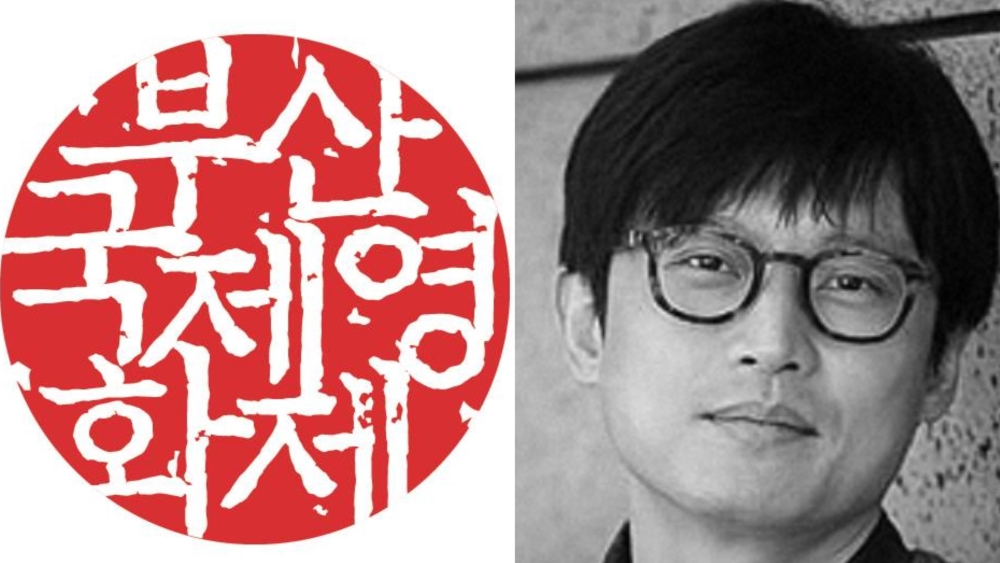
Nam Dong-chul will act as interim director of the Busan International Film Festival after a month of management turmoil, two high profile resignations and sexual harassment accusations levelled at festival director Huh Moon-young. Huh denies the allegations, but will not return to the festival.
In early May, the festival announced the appointment of Cho Jong-kook, a close friend of festival chairman Lee Yong-kwan, as managing director, with responsibility for operations, administration and budgeting. The move effectively split the festival director’s job and two days later Huh announced his plan to resign.
Two film industry guilds threatened to boycott this year’s event in October in support of Huh.
Lee said that he would resign to take responsibility for the mess caused by Cho’s appointment. But initially, the festival’s board refused to accept either Lee or Huh’s departure.
Huh said that personal reasons were keeping him from returning. Shortly after, it emerged in a local newspaper that a festival employee had reported Huh to the Center for Gender Equality in Korean Films, called DeunDeun. The employee, whose identity is not known to Variety, is reported to have accused Huh of using sexually inappropriate language.
In order to break the logjam and get preparations back on track, the festival board is reported to have asked Cho to step aside and appointed Nam to run the show through October.
“This year’s festival will be led by program director Nam Dong-chul on behalf of [the] vacant festival director,” a Busan spokesperson told Variety. “For this year’s successful festival, chairman Lee will maintain his position until the end of the festival. He will take on the full responsibility of the current situation and resign after the completion of the festival.”
The vacancy in the festival director’s position is not expected to affect preparation for this year’s festival, Asia’s biggest and most prestigious, which is scheduled to run Oct. 4-13. Nam is an experienced programmer and has previously worked within both Busan’s festival and market structures.
“BIFF will abide by the procedure provided by the Center for Gender Equality in Korean Films, where the allegation was reported, and plan to discuss future plans of the festival based on the internal regulations and rules regarding such guidelines. There is no confirmation of the exact facts and [Huh] has denied all claims so far,” the festival spokesperson said.
Huh became festival director in 2021, having previously been program director of the Busan Cinema Center and programmer of Korean films at the film festival. The early part of his career was spent as a journalist with movie magazine Cine21.
Film festivals in Korea are highly political, with the issue of creative freedom and resistance to regulatory oversight at the root of many skirmishes. Each of the biggest three festivals – Busan, Jeonju and the BiFan fantasy festival – has previously experienced poisonous factional infighting.
Now, the #MeToo movement is also growing in force in the country where age, status and rigid social hierarchy had protected wrong-doers for years. In the film and TV industries there have been several high-profile accusations.













